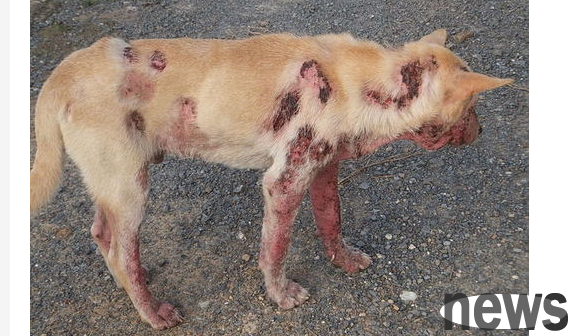Why does a dog have vomiting and diarrhea? This article gives you the answer
Dogs are cute animals that many people keep. However, in the process of raising dogs, many people do not know what causes dogs to vomit and have diarrhea. In fact, it may be caused by infectious diseases, gastroenteritis, parasite infection, etc.

First of all, if the dog is young and has not been vaccinated, you need to consider the possibility of infectious diseases. It is best to go to a pet hospital for testing, or buy test strips to test the dog yourself to rule out infectious diseases.
Secondly, if infectious diseases are ruled out, it may be caused by gastroenteritis, which needs to be treated with anti-inflammatory drugs, gastrointestinal protective agents, and probiotics. In addition, if there are parasites in the dog’s vomit and excrement, the possibility of parasite infection should also be considered.
1. Infection with infectious diseases
If the dog has symptoms of vomiting and diarrhea and the vaccine has not been fully vaccinated, then it may be caused by infectious diseases. For example, infection with coronavirus, parvovirus, canine distemper virus, etc. can cause vomiting and diarrhea, accompanied by depression, loss of appetite, fever, cough and other symptoms. If your dog is found to have the above symptoms, you must take it to the pet hospital in time to check for infectious diseases to avoid delaying the condition.

2. Suffering from gastroenteritis
Dogs suffering from gastroenteritis will also have obvious vomiting, diarrhea, and even blood in their excrement. This may be due to the food they usually feed, or it may be caused by the dog eating randomly. In this regard, the owner can first deprive the dog of food and water for a period of time and observe whether the situation improves. If it improves, you can feed the dog a small amount of soaked dog food. If it does not improve, it is recommended to take it to a pet hospital for diagnosis and treatment as soon as possible.
3. Infection with parasites
If the owner does not deworm the dog for a long time, the dog will also experience vomiting and diarrhea after being infected with parasites. It may also be accompanied by symptoms such as loss of appetite and weight loss, and sometimes parasites can be seen in vomit and feces. In this regard, it is recommended that the owner take the dog to the pet hospital for fecal examination in time. After confirming the specific parasite type, it can be treated with symptomatic anthelmintics. At the same time, in order to prevent dogs from being infected with parasites, owners should deworm their dogs regularly, generally once every three months internally and once a month externally.















